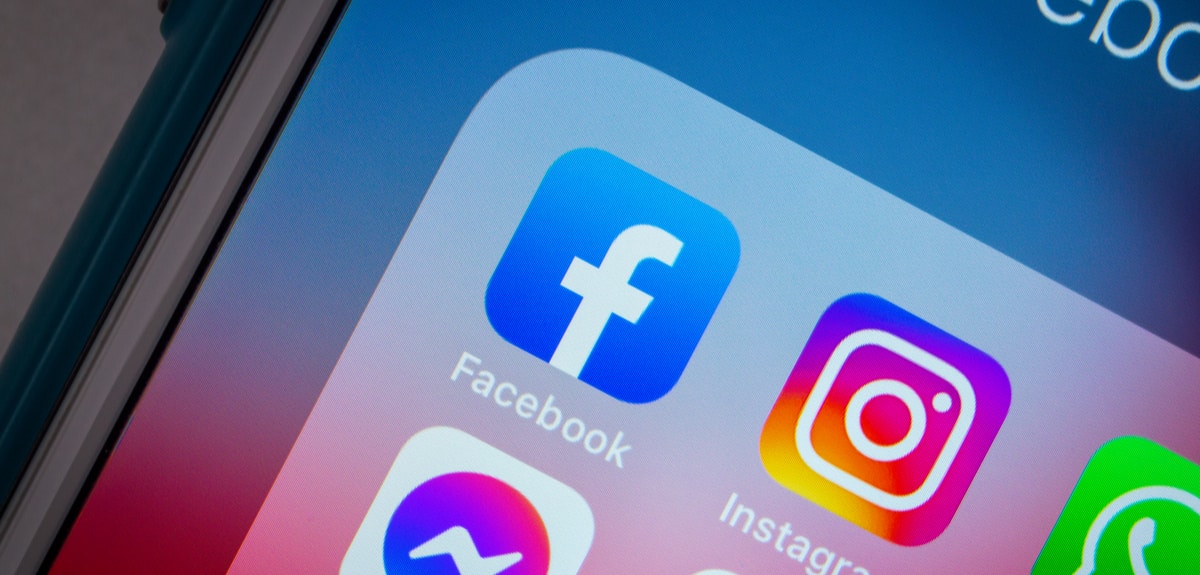Meta must do better – data from social media giant essential to mental health research
Monday 6th Dec 2021, 10.13am

Many have claimed this research is damning, but to undertake proper science and research, you need proper researchers and scientists and access to accurate information. You could not have a better example, than the massive effort made during the pandemic. Everyone may be an epidemiologist now but, happily, there have been real epidemiologists to do the hard science.
Sometimes it really is rocket science. And scholars need accurate data to find out what is happening and provide answers. That is why, today, a group of scientists and researchers from around the world have come together [in a letter] to ask one of the biggest companies in the world, Meta, which owns Facebook, WhatsApp and Instagram, to let us do what we do best – carry out research.
Sometimes it really is rocket science….That is why today a group of scientists and researchers have come together to ask Meta, which owns Facebook, WhatsApp and Instagram, to let us do what we do best – carry out research
This is no small issue. The stakes are really high. A lot is being said about a crisis in teenage mental health – with blame being placed squarely on social media companies. In a polarised world this is an easy, yet irresponsible, claim to level without data. Understandably, perhaps, these companies are very defensive and, in response to the criticism, they have said they will carry out their own research.
But they must realise that, without sharing the information and data with the world of science and research, the criticism is not going to go away. Transparency is the cornerstone of credible science. And it is essential to the quality of research needed to deal with a problem as significant as young people’s mental health. Our group have written this letter, because it cannot be left to chance or ‘toy telescopes’.
Right now, no one really knows what is happening. No one can draw a real link between social media and teenage mental health. There is however, a growing chorus of self-styled experts who are making expansive claims about the effects they think tech is having. And they can, because the information, the data, that could provide the answers is not available to researchers and scientists although Meta has it.
Right now, no one really knows what is happening. No one can draw a real link between social media and teenage mental health…[but] a growing chorus of self-styled experts are making expansive claims about the effects they think tech is having
Rushing into the information vacuum have been all sorts of wild claims – because without independent verification of objective data, the truth is literally anyone’s guess.
Meta may have the data, but they are not set up to do the science. They collect data for advertising, for improving their products, or other business needs. Expecting them to use that data for research into mental health, is asking them to do something quite different. Many were trained as amazing scholars and academic researchers. They need to engage more fully with the global body of academic scholarship.
Why are social media companies even making decisions about whether this data is made available for research? Where is the regulation that should guide them? Well, this is an international problem and cannot be legislated on by any one country. But there are existing laws in the UK, EU, and US which should be used and could be strengthened. Indeed, the elephant in the room is that, in many countries, people own their data and they have a right to donate that information for study – and social media companies would be obliged to hand it over.
By providing the data to the scientific and research communities, they would be pro-actively doing something…And they would go a long way to stopping some of the crazy theories
But, in writing this letter today, we are appealing to the people who make up Meta, and other companies. Collaborating with independent scientists to understand the health and well-being of children and adolescents does not need to be reactive. We need not lurch from crisis to crisis or jump at every leak of an internal document.
By providing the data to the scientific and research communities, they would be pro-actively doing something; contributing to large-scale social science which is already underway. And, not only would they allow the science to happen, they would go a long way to stopping some of the crazy theories.

